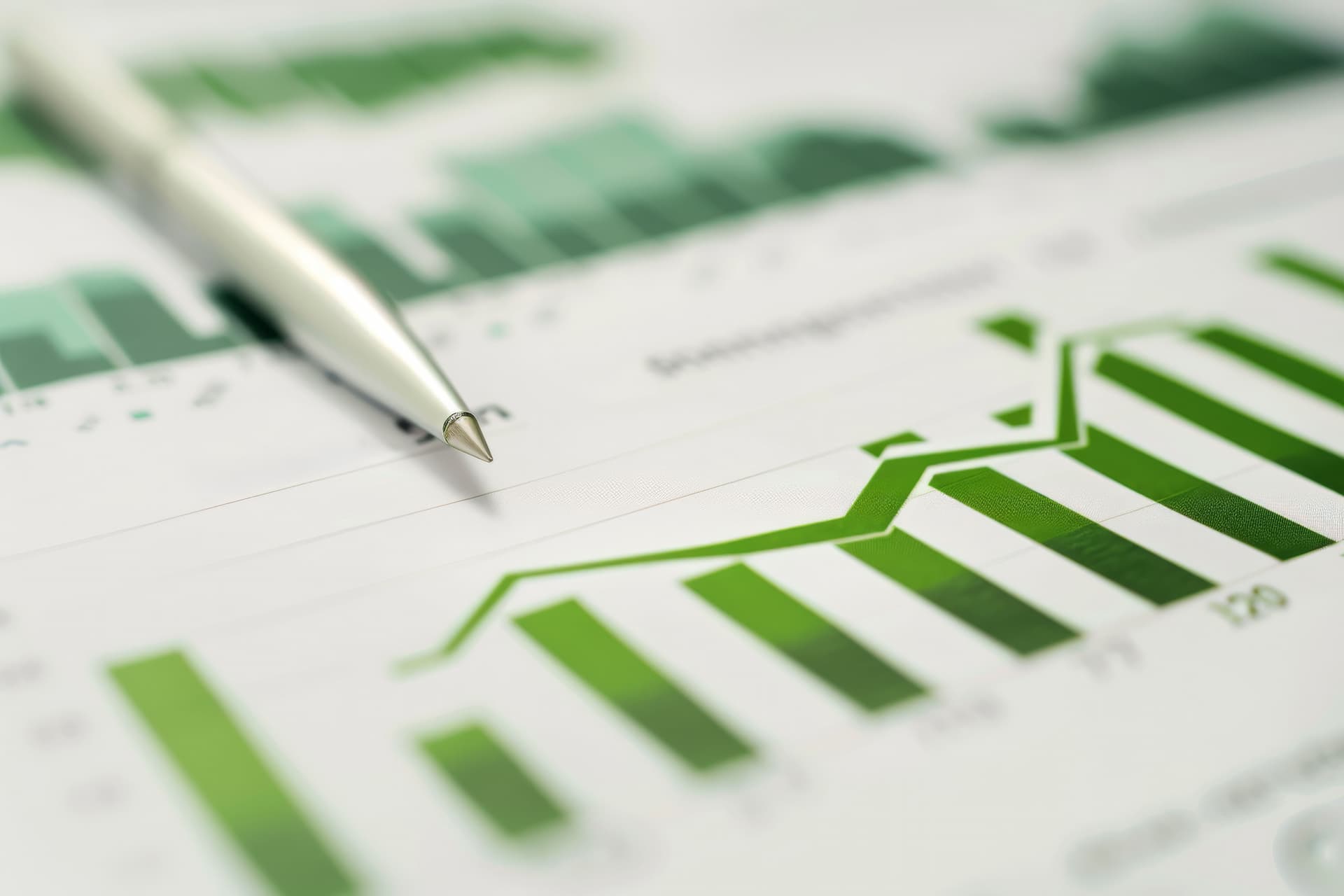What Are Economic Indicators? - 24markets.com
Learn how economic indicators and market cycles affect trading decisions. Understand the key metrics like GDP, CPI, unemployment, and their impact on the financial markets.

Economic indicators and market cycles are pivotal for traders and investors who want to predict market trends and make informed decisions. These indicators provide a snapshot of the economy's health, while market cycles show the long-term ebb and flow of economic activity. In this article, we dive deep into key economic indicators, how they influence the market, and the significance of market cycles in investment strategies.
What Are Economic Indicators?
Economic indicators are statistics that reflect the economic performance of a country. They are usually grouped into three categories:
- Leading Indicators: Predict future economic trends.
- Lagging Indicators: Confirm patterns after they have occurred.
- Coincident Indicators: Move in real-time with the economy.
Key Economic Indicators to Watch
-
Gross Domestic Product (GDP)
The most common measure of economic health, GDP represents the total value of all goods and services produced in a country. A rising GDP often signals an expanding economy, while a falling GDP may indicate a recession.
To learn more about how GDP impacts the forex market, visit this resource. -
Unemployment Rate
The unemployment rate measures the percentage of the labor force that is unemployed and actively seeking work. A high rate typically signals economic distress, while a low rate is often a sign of economic growth.
Discover how unemployment statistics influence stocks. -
Inflation (CPI and PPI)
Inflation measures the rate at which the general level of prices for goods and services rises. The Consumer Price Index (CPI) and Producer Price Index (PPI) are key metrics.
For insights on inflation's effect on commodities, check out this link. -
Interest Rates
Central banks set interest rates, which influence borrowing, spending, and investment decisions. A higher interest rate can reduce consumer spending, while lower rates encourage investment.
Learn more about how interest rates impact indices trading. -
Consumer Confidence Index (CCI)
This indicator reflects consumer sentiment towards the economy. High consumer confidence indicates optimism about the economy, leading to higher spending, while low confidence suggests that consumers may cut back.
Explore the effects of consumer sentiment on cryptocurrency markets.
Understanding Market Cycles
Market cycles refer to the natural rise and fall of economic activity over time, influenced by various factors like consumer behavior, business investments, and governmental policies. There are four key phases in a typical market cycle:
-
Expansion (Growth)
During this phase, employment rises, production increases, and consumer demand grows. This phase is often marked by rising asset prices and investor optimism.
Use trading platforms like Webtrader or MetaTrader 5 to make the most of growth periods. -
Peak
At the peak, the economy reaches its highest point. Growth slows, and prices may become inflated, signaling the end of the expansion phase. -
Contraction (Recession)
In a recession, economic activity slows, unemployment rises, and consumer demand decreases. Asset prices often fall during this phase. -
Trough
The trough is the lowest point in the economic cycle, marking the transition from recession to recovery. This phase provides excellent investment opportunities as prices bottom out.
Find strategies for navigating these market cycles using copy trading.
How Economic Indicators Affect Market Cycles
Each economic indicator plays a role in signaling where the economy is within its cycle. For instance:
- Leading indicators like the CPI can signal inflationary pressures before central banks raise interest rates.
- Lagging indicators like the unemployment rate confirm patterns after they have occurred, showing whether an economy is in contraction or recovery.
- Coincident indicators like retail sales help investors gauge the current economic environment.
By staying updated on these economic indicators, traders can anticipate shifts in the market cycle and adjust their portfolios accordingly.
Utilize a range of trading tools to analyze economic data and forecast trends.
Conclusion
Understanding economic indicators and market cycles is crucial for making informed trading and investment decisions. By tracking key data points and recognizing the current market cycle, traders can better position themselves for success.
For more in-depth analysis on how to leverage economic indicators in your trading, visit the fundamentals of trading page.
TAGS
Latest Education Articles
Show more
Earnings Reports and Equity CFDs

Trend vs. Range Strategies

Trading Breakouts vs. Pullbacks

Hedging Basics for Intermediate Traders
Take your trading to the next level.
Join the broker built for global success in just 3 easy steps. A seamless experience built for traders who value speed and simplicity.

Create Your Account

Make Your First deposit
